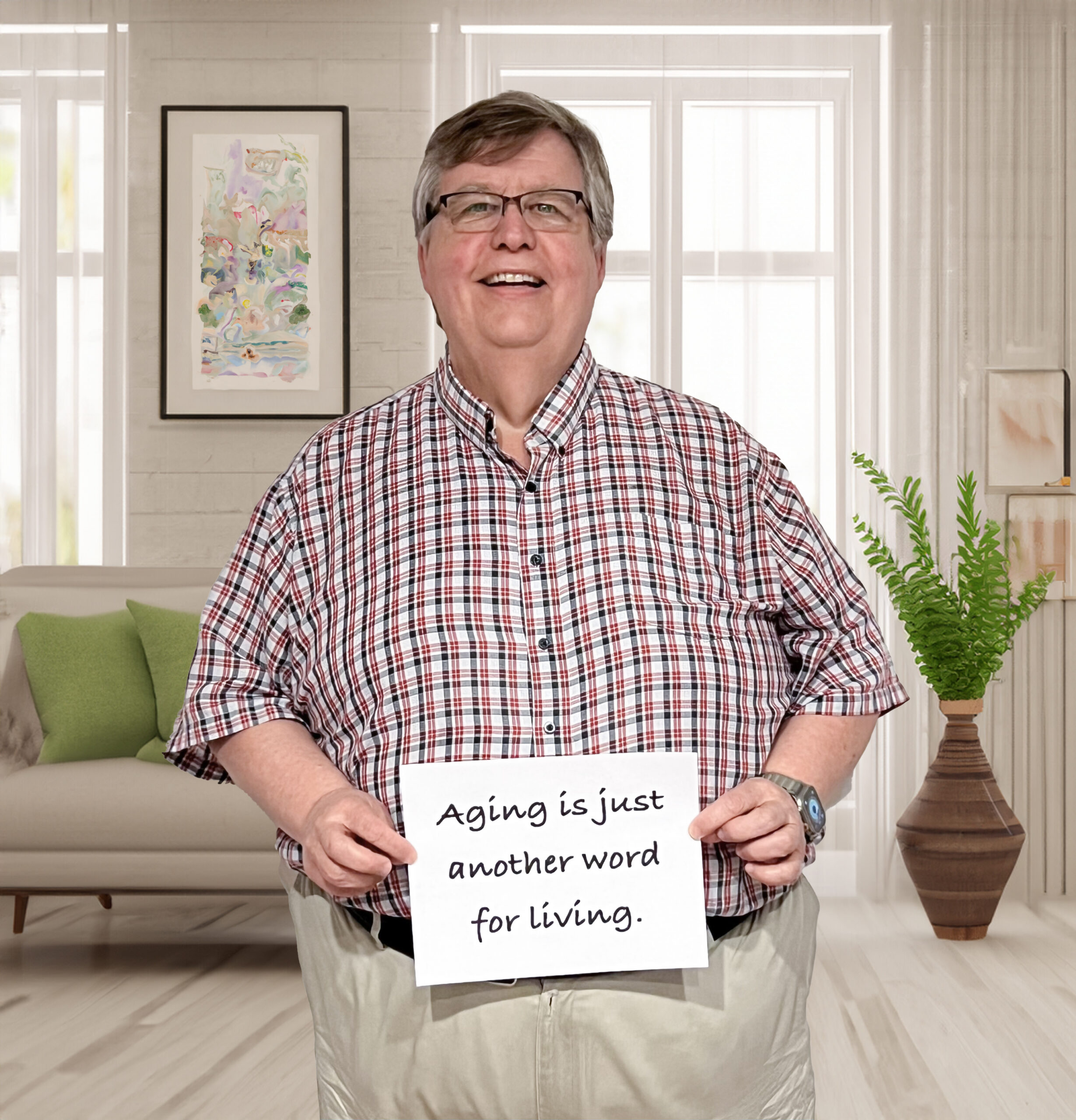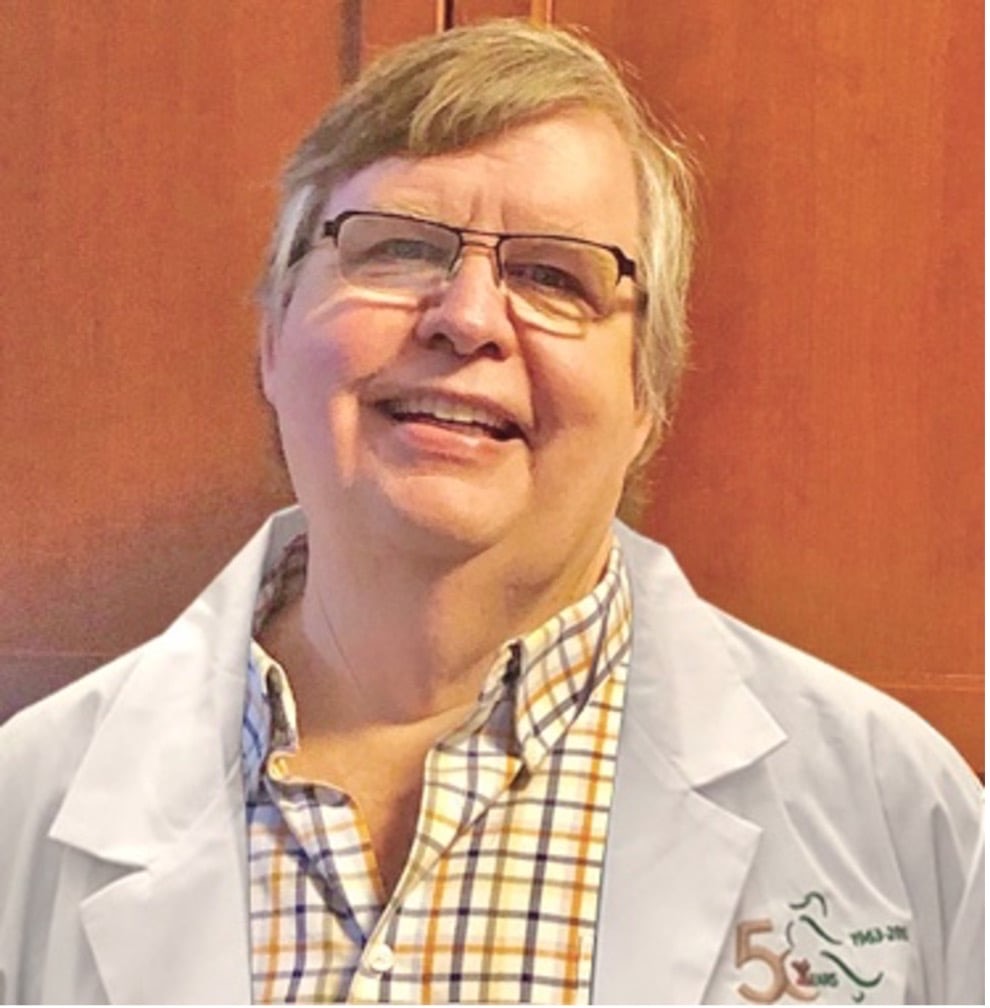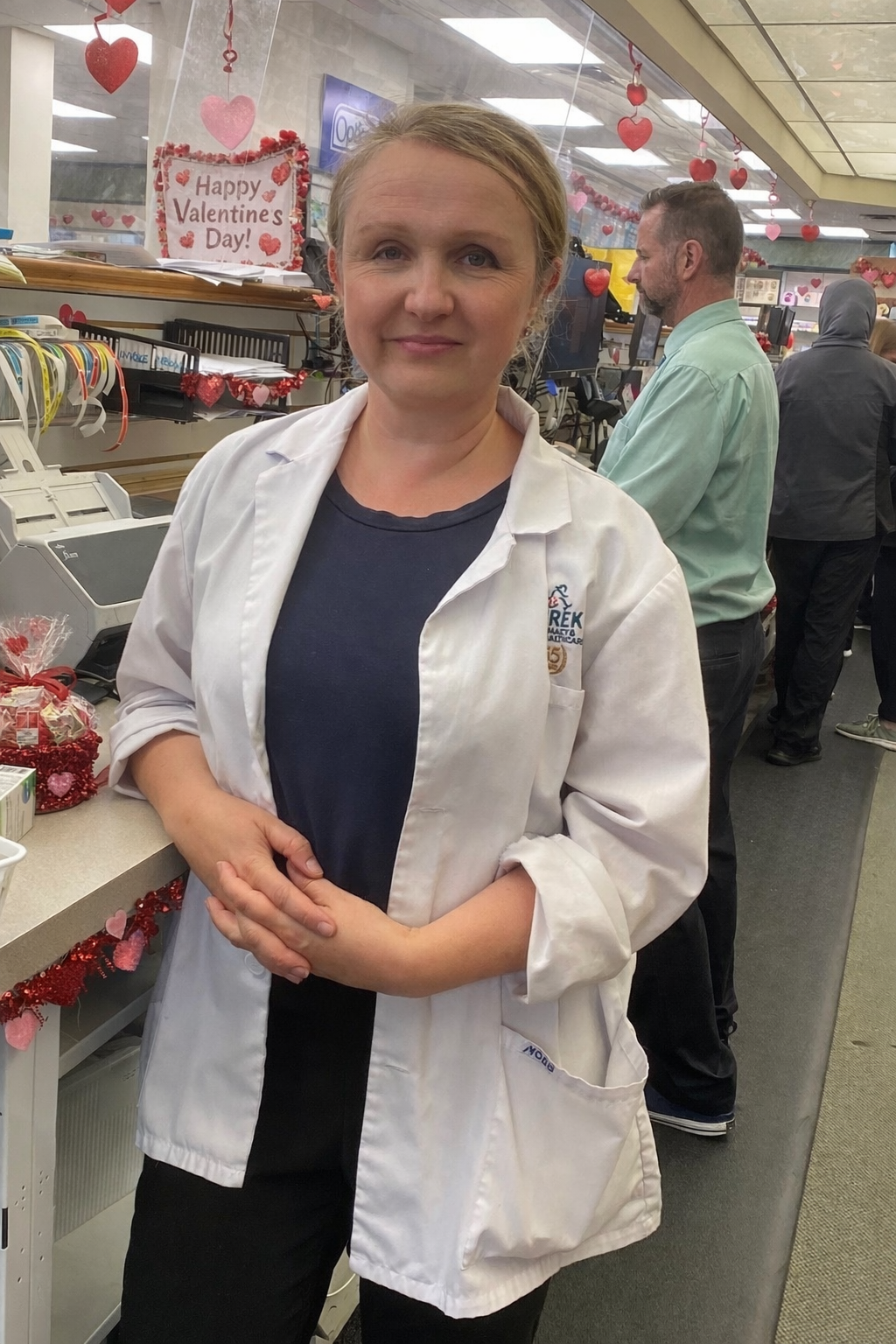At 66, there are still a lot of things that I want to do. I am nowhere near ready to consider myself old. Could 80 soon feel like 40? Scientists believe drugs that slow—or even reverse—the aging process could be available within the next decade.
For centuries, medicine has extended human lifespan by fighting infections, lowering infant mortality, and developing vaccines. But while we live longer, our health still declines dramatically in later years. Researchers like Dr. Matt Kaeberlein of the University of Washington and biologist Andrew Steele, author of Ageless, are tackling aging at its roots: the cellular and molecular processes that cause diseases such as cancer, dementia, and heart failure.
Promising treatments already exist in animal studies. By removing “senescent cells”—cells that stop dividing and fuel age-related decline—mice have been made biologically younger, healthier, and less prone to disease. The goal, researchers stress, is not simply to extend lifespan but to extend healthspan—the years we remain strong, independent, and active.
Psychologist Becca Levy of Yale adds that culture also matters. In Japan, where elders are celebrated, people tend to live longer. Reducing ageism could be as vital as medical breakthroughs.
The vision: a future where living to 120 doesn’t mean decades of frailty, but rather decades of vitality—if society ensures access for everyone, not just the wealthy.
By Peter Yurek, BSc. Phm.








